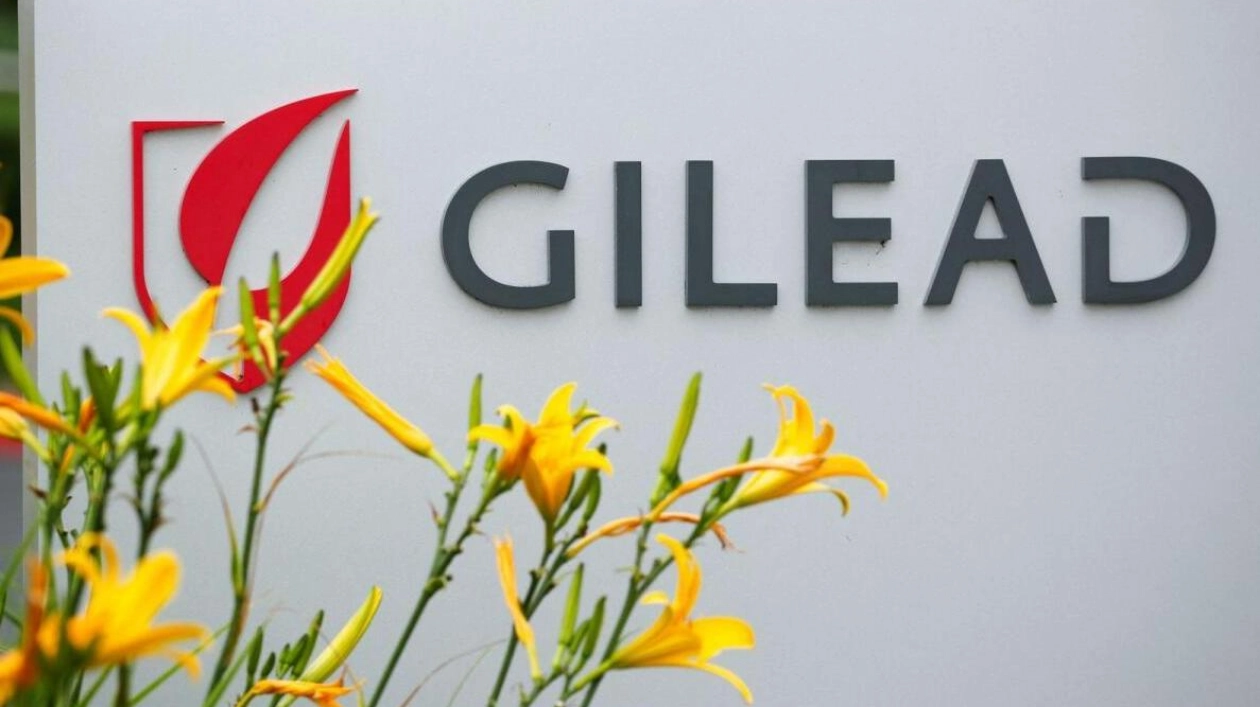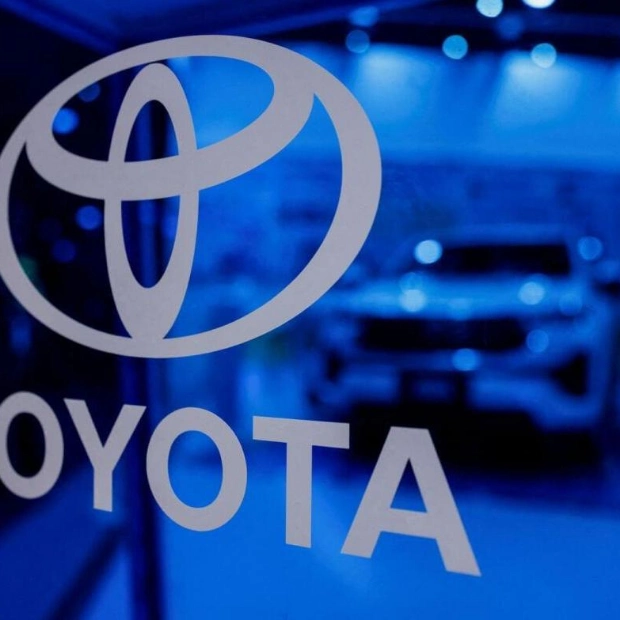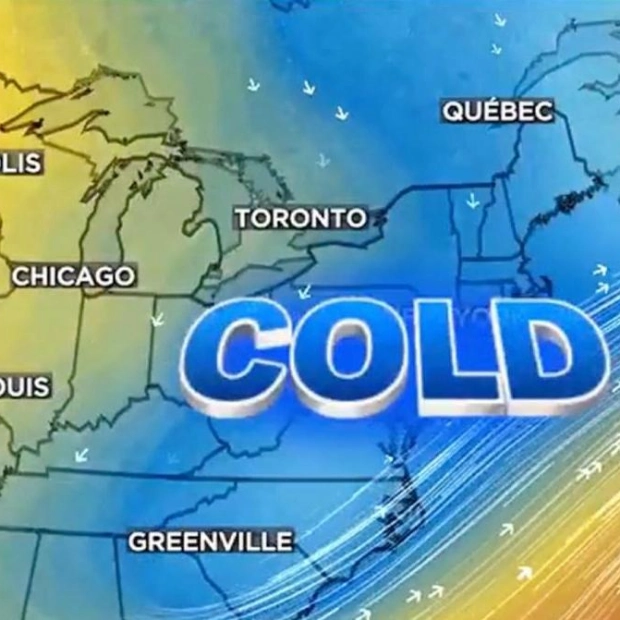A novel HIV medication resembling a vaccine, which presently carries an annual price tag of over $40,000 per individual, might be produced for merely $40, according to researchers' estimates on Tuesday. The antiretroviral drug Lenacapavir, crafted by the US pharmaceutical behemoth Gilead, has been acclaimed as a possible paradigm shift in the battle against HIV. Preliminary trials have revealed that the therapy is 100 percent effective in thwarting HIV infection. Moreover, it necessitates only two annual injections, significantly simplifying administration compared to existing daily pill regimens.
"It's akin to possessing a vaccine fundamentally," Andrew Hill, a researcher at the UK's Liverpool University, conveyed to AFP. The therapy currently imposes an annual expense of over $40,000 on patients across various nations, including the United States, France, Norway, and Australia. New research, presented by Hill at the International Aids Conference in Munich on Tuesday, explored the potential reduction in manufacturing costs if Gilead permitted the production of cheaper generic versions.
According to the research, which has yet to undergo peer review, a year's supply of the drug could be manufactured for as little as $40—a thousandfold decrease from the current price. This estimate was derived from production scales sufficient to treat 10 million individuals. Hill emphasized that if the drug were administered to high-risk groups such as gay or bisexual men, sex workers, prisoners, or notably young women in Africa, it could essentially halt HIV transmission. "We could indeed manage the epidemic." Last year saw 1.3 million new HIV infections, while 39 million people are living with the virus, as per the World Health Organization.
To gauge the cost, the researchers examined shipments of the drug's raw materials and consulted with large generic manufacturers in China and India that already produce its components. Hill noted that the international research team's past similar estimates have been validated. A decade ago, the team predicted that the cost of Gilead's hepatitis C drug, then priced at $84,000 per patient, could plummet to $100 if generics were permitted. "Now it costs just under $40 to cure Hepatitis C," Hill remarked. The new research was unveiled a day after UNAIDS chief Winnie Byanyima urged Gilead to "make history" by allowing the UN-backed Medicines Patent Pool to distribute generics of Lenacapavir in low- and middle-income countries.
"Gilead has an opportunity to save the world," she conveyed to AFP. A Gilead spokesperson informed AFP that the company is awaiting phase 3 clinical trial data on Lenacapavir's use in preventing HIV, hence "it is premature to declare" its future implications. The company has a strategy to provide high-quality, low-cost versions of Lenacapavir in regions with the most significant need. It is also "moving with urgency" to negotiate contracts for a voluntary licensing program to "accelerate access to those versions of lenacapavir in high-incidence, resource-limited countries," the spokesperson added.






